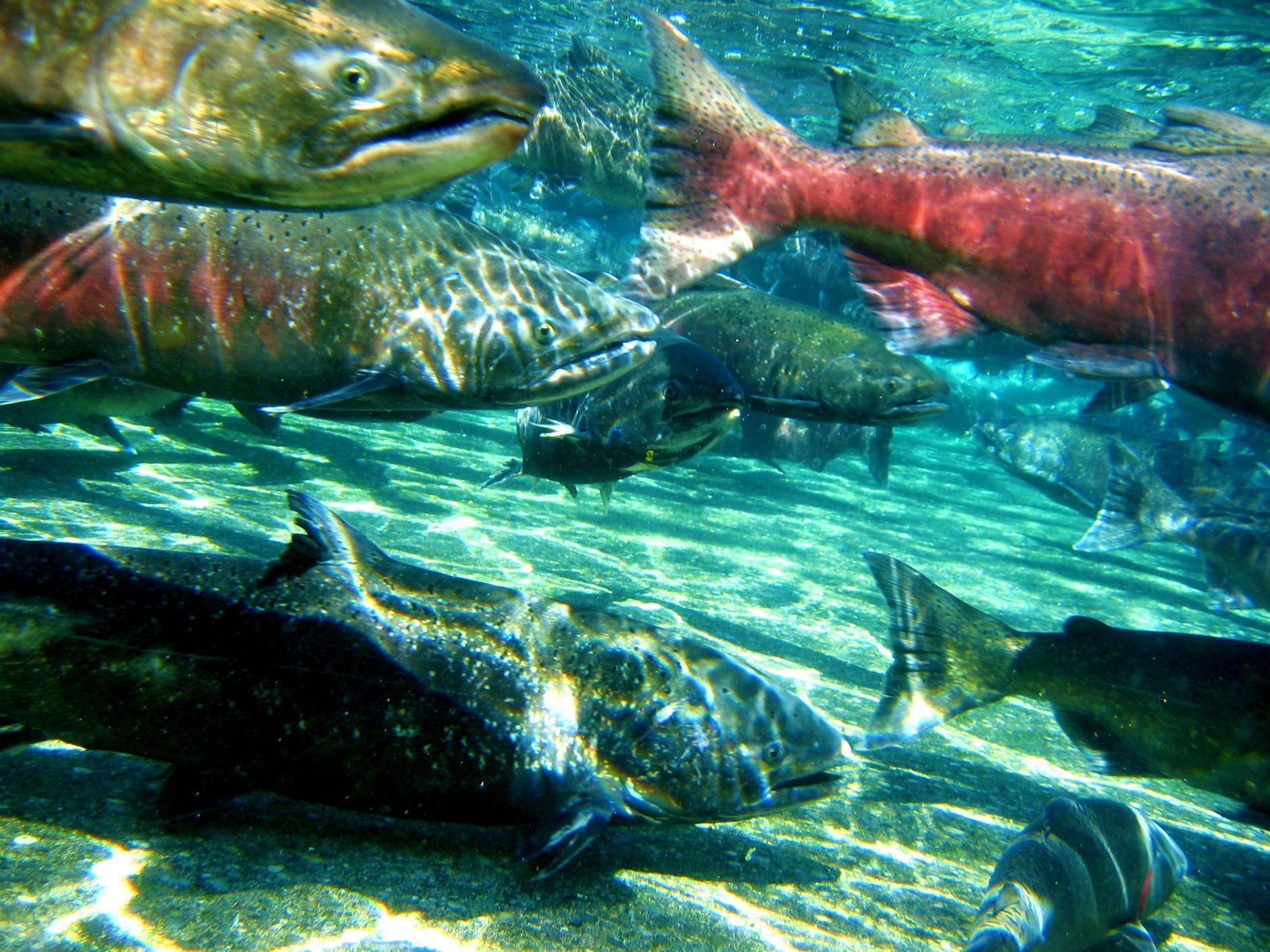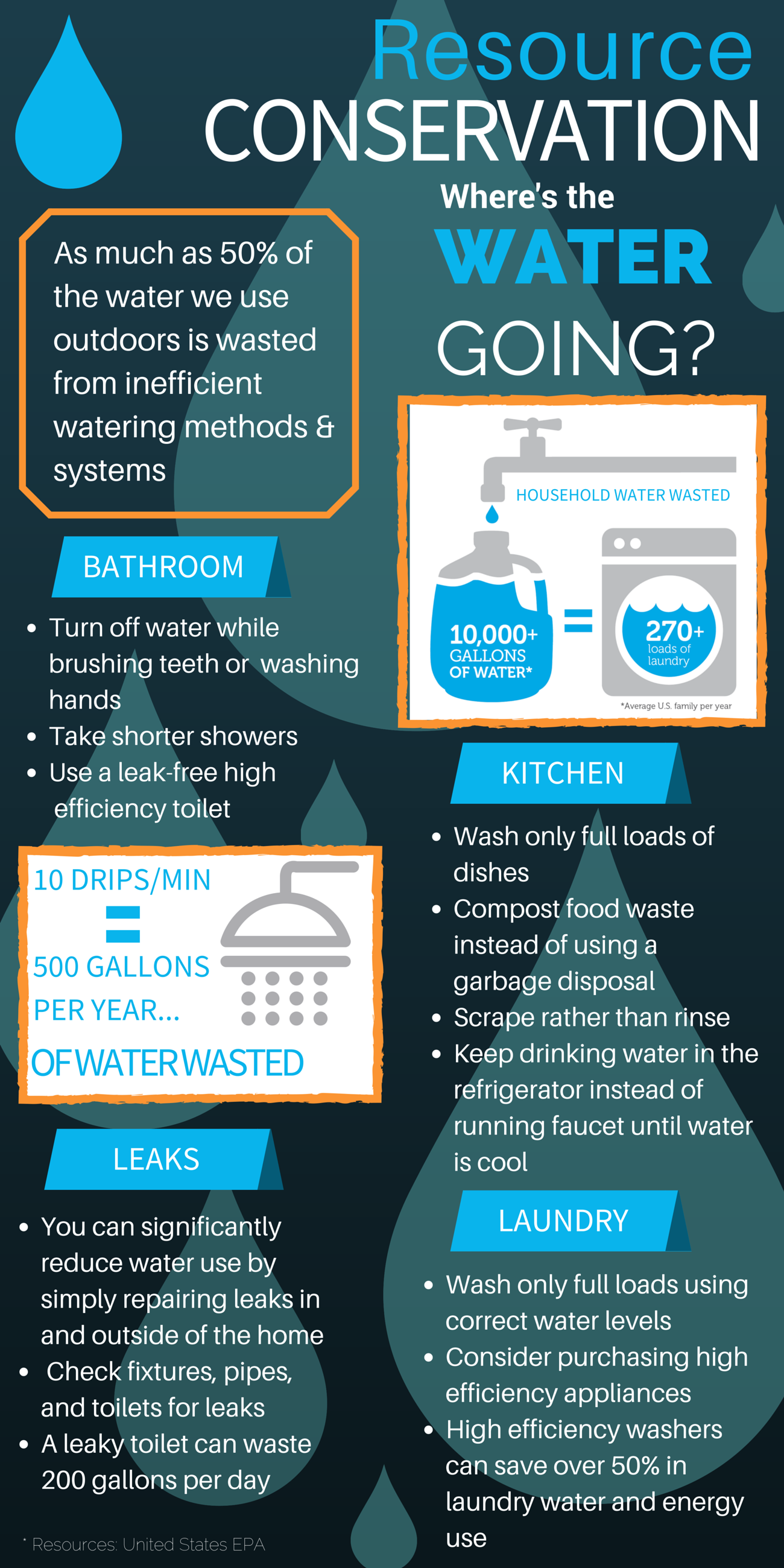Who is responsible for Stormwater Management in our community….we ALL are!
Stormwater runoff is the primary contributor towards water pollution, and the only way it can be prevented is through human intervention. Let’s face it, we (humans) are responsible for how runoff occurs within our cities and communities. Through urban development and earth transforming actions, we have reduced the area that rain and snowmelt used to infiltrate and created a water runoff system that interacts directly with pollutants, such as oil on our streets, manure from our livestock operations, and pesticides from our agriculture industries.
What Can We Do About It?
We can educate ourselves, our youth, our neighbors, and our communities about stormwater pollution. By raising awareness of our impact on water quality of local streams, rivers, and lakes, we can prevent pollution and preserve the clean waters we need to live in the Yakima Valley. Below you will find teaching materials that can be used in your schools or at home to learn more about stormwater and pollution prevention.
Educational Activities:
Erosion Control in a Bottle Project:
Runoff and erosion are problems in both rural and urban areas. Runoff is a term for the water that flows over the land and eventually reaches a waterbody. Runoff causes erosion, which is the wearing away of soil and rock by water or wind. Open fields, bare hillsides, and construction sites are prime candidates for erosion because the runoff water easily carries unprotected soil to surface water.
Soil and rocks that are washed into streams and rivers cause sedimentation. The buildup of sediment at the bottom of a stream or river creates a muddy bottom. This extra mud changes the living environment for many fish and wildlife and can restrict water flow. Runoff nutrients and fertilizers carried with the soil can cause rapid algae and weed growth that may harm fish and other aquatic organisms.
For Teachers-
The City of Selah has a partnership opportunity with the Franklin County Conservation District

Contact a Project Facilitator
Best Housekeeping Practices
Your Yard
- Select native plants that are drought tolerant and pest resistant.
- Don’t overwater.
- Use lawn products sparingly and follow manufacturer’s application instructions.
- Never apply fertilizers, pesticides or herbicides just before, during, or immediately after a storm or during windy conditions. Clean-up spills.
- Sweep up landscape waste with a broom, instead of using a hose or blower.
- Control loose dirt to prevent soils from washing into the storm drain.
- Properly dispose of pool water, do not backwash or drain your pool into the street. Check municipalities for disposal methods.
Your Vehicle
- Wash your vehicle at a commercial car wash to prevent dirty, soapy water from entering the storm drain.
- Keep your vehicle “leak free”. Clean up any leaks with absorbent and dispose of it properly.
- Recycle used motor oil and antifreeze at participating auto parts stores or service facilities.
Your Home or Business
- Purchase non-toxic products.
- Store home maintenance products inside or under cover.
- Properly dispose of household hazardous waste. Check with your community for collection days or events.
Your Pets
- Pet waste can be a source of pollution in water bodies and retention basins where pets and children play.
- Collect waste when walking your pet.
- Pick-up animal waste and dispose of it in the trash.
Food Services-Fat, Oil and Grease
Fats, Oils and Grease are found in common food and food ingredients such as meat, fish, butter, cooking oil, mayonnaise, gravies, sauces, soups and food scraps.
Your best line of defense is to train employees on Best Management Practices.
SO YOU CAN:
¨ Save money on sewer bills
¨ Have lower maintenance costs
¨ Keep drains from getting clogged
¨ Avoid blockages in pipes and drains
¨ Prevent violation penalties

